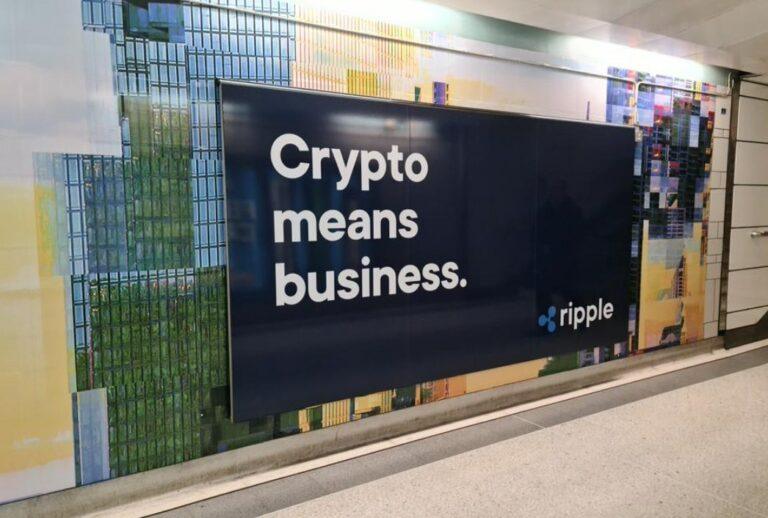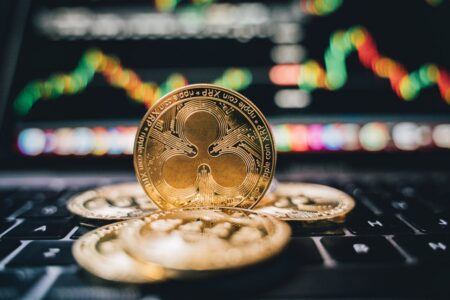IDuring an interview on 28 July 2023, Ripple’s Vice President of Central Bank Engagements and CBDCs, James Wallis, shared some interesting insights about the company’s ongoing discussions with central banks and the impact of the SEC case on these talks.
Wallis told CoinDesk TV that the SEC case had “almost no impact” on Ripple’s ongoing dialogues with central banks. This is a significant revelation, considering the high-profile nature of the SEC’s lawsuit against Ripple. Despite the legal battle, it appears that Ripple’s relationships with central banks have remained largely unaffected.
The Ripple executive also discussed the company’s recent victory in the SEC case, where a judge ruled that the sale of XRP tokens on exchanges and through algorithms did not constitute investment contracts. Wallis described this decision as a major victory, not just for Ripple, but for the entire crypto industry.
On 26 July 2023, Ripple said in a blog post that it had partnered with the Republic of Palau to initiate a pilot program for a U.S. Dollar-backed stablecoin, the Palau Stablecoin (PSC), issued on the XRP Ledger (XRPL). This partnership signifies a notable stride in the stablecoin arena.
The pilot program involves government employees of Palau who have volunteered to use PSC with selected local merchants. The digital image on the Palau Stablecoin is the Palau Money Bird. Jay Hunter Anson, FinTech Project Manager for the Palau Ministry of Finance, believes that this prototype digital currency can revolutionize payment methods in Palau by offering a secure, transparent, and convenient option that is more efficient than other online payment services.
As part of the pilot, Palau will utilize Ripple’s Central Bank Digital Currency (CBDC) Platform, a comprehensive solution designed for central banks to issue their digital currency. This will enable Palau to manage and customize the entire life cycle of the stablecoin, including transactions, distribution, and redemption.
The President of the Republic of Palau, S. Whipps Jr., expressed his hope that digitizing their currency would mobilize their economy and government processes, thereby empowering their citizens. He also emphasized the advantage of Palau being a smaller country, which allows for innovative and agile initiatives like the stablecoin.
The Palau Stablecoin promises numerous benefits to its citizens, merchants, and the government. It aims to enhance financial inclusion, reduce overall transaction fees for citizens, and significantly accelerate transaction settlement times and cross-border payments. It also wants to be a secure and effective payment tool for commercial activities in Palau.
During the initial phase of the pilot program, Palau government employees receive a bonus allotment of PSC, which they can use at participating retailers. Specific success criteria have been identified for this phase, including the ability of the Palau Ministry of Finance to securely and reliably mint, distribute, and process inbound PSC redemptions, maintaining full control over the total circulation on a real-time 24/7 basis. Following the success of Phase One, additional phases of the Palau stablecoin pilot program are planned, aiming to expand the adoption and benefits of the PSC to a wider audience.








